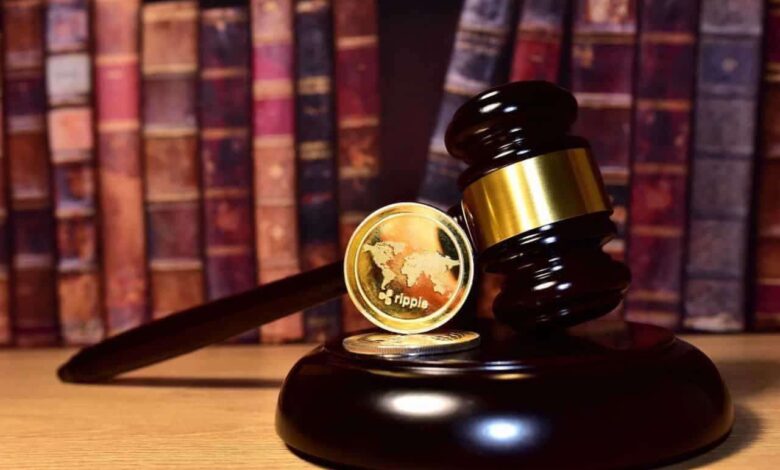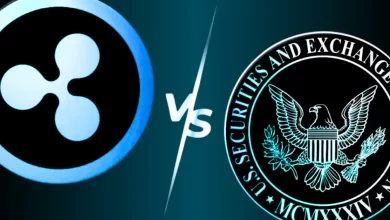Ripple v. SEC court case update as of March 13, 2023

The cryptocurrency community is looking forward to the summary judgment in the legal case between Ripple and the Securities Exchange Commission (SEC), with the verdict speculated to come in by the end of March.
In the latest update, United States lawyer Jeremy Hogan, in a tweet on March 9, suggested that presiding judge Analisa Torres may have already decided whether XRP is a security.
Hogan, a pro-XRP lawyer, made the conclusion after pointing out that the judge cited the securities law case Marine Bank v. Weaver at least three times in her most recent ruling while discussing the perspective of XRP holders who bought the cryptocurrency. Hogan also shared an excerpt from the case, questioning whether what was sold was widely regarded as a security.
Daubert motions ruling
The lawyer’s assertion comes after judge Torres rendered a 57-page decision regarding the “Daubert” motions filed by both parties to exclude expert testimony from the summary judgment. From the ruling, neither Ripple nor the SEC can be considered the winner, as the judge granted and denied portions of each party’s motions.
Under the ruling, judge Torres excluded the SEC’s top expert witness, Patrick Doody, who was tasked with analyzing the expectations of XRP buyers.
However, Ripple’s experts on the differences between Ripple’s contracts and those in the Howey case, the tax treatment of XRP, the accounting treatment of XRP, and currency experts on XRP were all allowed to remain on the record.
Despite the lack of a clear winner in the Daubert motions ruling, Ripple’s chief legal officer Stuart Alderoty suggested that outcome was in favor of the payment firm, and he was confident with the case.
“As we have said throughout, we have always felt confident about our case and with each ruling, even more so,” Alderoty said.
Questions on Ripple’s executives’ involvement in the case
At the same time, pro-XRP lawyer John Deaton believes that the SEC made a significant error by naming Ripple executives Brad Garlinghouse and Chris Larsen in its enforcement action against the company. Deaton stated that the SEC should have focused solely on Ripple, the company that issued XRP, rather than targeting individuals who were not directly responsible for the alleged securities violations.
Deaton initially alleged that the judge in the case had accused SEC lawyers of prioritizing their interests over upholding the law. The lawyer questioned the SEC’s ability to effectively enforce the law if its representatives failed to follow it.
As reported by Finbold, Scott Chamberlain, a former lawyer and co-founder of the permissionless Layer 2 platform Evernode XRPL projected that the case would likely have five outcomes. Part of his prediction, Chamberlain believes that the matter might settle, setting precedents regarding the classification of XRP as a security and the jurisdiction of the court over sales made overseas.
Previously, Ripple submitted a letter in support of its Fair Notice Defense, citing a recent Supreme Court ruling. The filing was in response to a ruling that limits the U.S. government’s ability to impose penalties on U.S. taxpayers who do not report their offshore bank accounts.
Ripple emphasized the significance of federal laws establishing clear boundaries on what actions are prohibited, highlighting the need for regulatory clarity in the cryptocurrency industry.
XRP price analysis
On the other hand, the value of XRP continues to trade in tandem with the general market. By press time, the token was trading at $0.37 with weekly gains of almost 2%.

XRP is currently controlling a market cap of about $18.8 billion. It, therefore, remains to be seen how XRP will trade by the end of the week as the general market reacts to the U.S. banking sector fallout.





